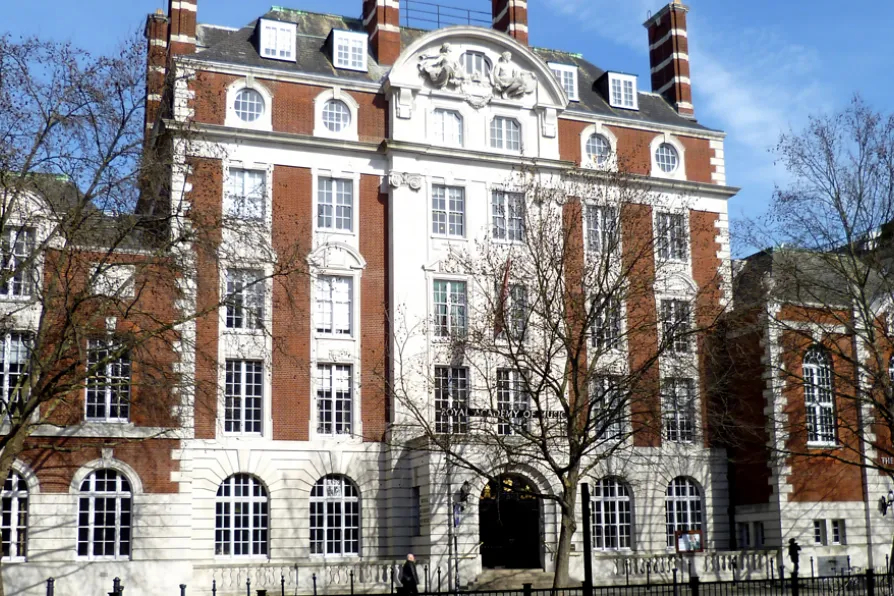RITA DI SANTO draws attention to a new film that features Ken Loach and Jeremy Corbyn, and their personal experience of media misrepresentation

 ID CRISIS: Royal Academy of Music
[Philafrenzy/Creative Commons]
ID CRISIS: Royal Academy of Music
[Philafrenzy/Creative Commons]
RECENTLY, numerous newspapers broke the news of disgraced composer Alex Woolf being found guilty of distributing sexual images without the consent of 15 different victims.
Before we talk in depth about the problems surrounding this case, we must acknowledge classical music has an incredible problem of misogyny and sexual misconduct. Recent examples in Royal Academy of Music, Chethams Music School (a specialist secondary school), Royal Welsh College of Music and Drama, Royal College of Music, and numerous others show that women and girls (and other at-risk individuals) are being failed or simply under-protected in a place where their only worries should be preparing for recitals, exams, and concerts.
Following the Crown Prosecution Service (CPS) announcement on August 16, the press release initially pointed out Woolf was a teacher and composer at Cambridge University, namely highlighting another case of a teacher exploiting their position of power against vulnerable women. However, only two days later, on August 18, the CPS removed any reference to his professional positions – ultimately implying he was a lone freelance composer committing abhorrent acts against women.

Mountains of research show that hardcore material harms children, yet there are still no simple measures in place













